The U.S. Senate has long recognized that a public office is a public trust. Members of the Senate are expected to place the interests of their constituents ahead of private or self-serving interests. Additionally, where solicitation or acceptance of gifts is tied to an official act, federal penalties may exist. Under the federal bribery statute, 18 U.S.C. § 201(b)(2)(A), elected officials and their employees are prohibited from directly or indirectly receiving or asking for “anything of value personally or for any other person or entity, in return for…being influenced in the performance of any official act.” Alternatively, an illegal gratuity under 18 U.S.C. § 201(c)(1)(B) results if an elected official or their employee directly or indirectly seeks or receives personally anything of value other than “as provided by law…for or because of any official act performed or to be performed.”
Plainly speaking, federal laws and the standards that govern the U.S. Senate strictly forbid Senators and Senate employees from engaging in quid pro quo, and caution them against behavior that would give the appearance that “the governmental process may be influenced by campaign contributions or other benefits provided by those with significant legislative or governmental interests.”
However, Rhode Island’s junior U.S. Senator, Sheldon Whitehouse, appears to have done just that. Records recently obtained from the U.S. Department of Energy through a series of Freedom of Information Act (FOIA) requests point to a timeline of Senator Whitehouse receiving campaign contributions from executives from a private company, and then just months later, advocating for that company.
- January 2014: Senator Sheldon Whitehouse announces that Scott DePasquale, then-CEO of Utilidata, Inc. will be his guest to the 2014 State of the Union Address.
- October 2015: Utilidata, Inc. executives contributed $3,000 to Whitehouse for Senate.
- April 2016: Senator Sheldon Whitehouse sends letter to then-Department of Energy Secretary Ernest Moniz writing in support of Utilidata, Inc.’s application to the United States Department of Energy Systems Grant Program.
- January 2014: Senator Sheldon Whitehouse announces that Scott DePasquale, then-CEO of Utilidata, Inc. will be his guest to the 2014 State of the Union Address.

(Freedom of Information of Act Request, U.S. Department of Energy, eDOCS Folder List Report, Senator Sheldon Whitehouse, June 11, 2020)
Senator Whitehouse’s actions — cozying up to a CEO with an invite to the State of the Union Address, accepting thousands of dollars of campaign donations, and then sending a letter of support for a lucrative grant award on behalf of the CEO’s company — do little to inspire the public’s trust.
In fact, it’s exactly the sort of behavior he has regularly accused others of perpetrating. Far be it for him to lecture others until his own behavior conforms to the legal and ethical expectations of this nation’s most prestigious legislative body.

